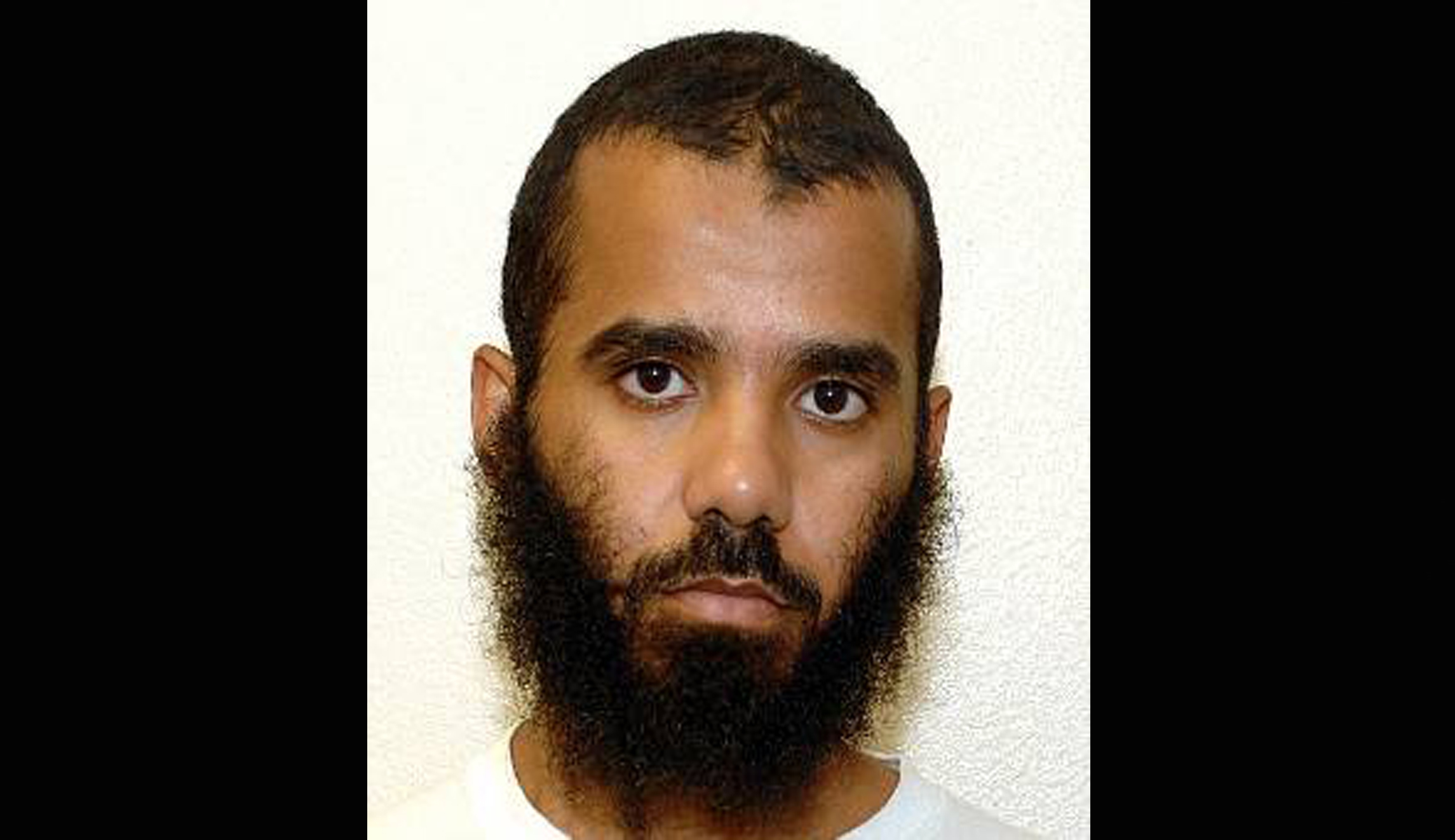The Supreme Court turned away an appeal Monday from a Yemeni man detained at Guantanamo Bay who believes he should be released because the war in Afghanistan has ended.
Moath al-Alwi, a Yemeni citizen, was captured in Pakistan in 2001 not long after the start of American operations in Afghanistan and has been detained at Guantanamo Bay since January 2002. In his 17 years in detention, al-Alwi has not been charged or sentenced, but the federal government has categorized him as a Taliban or al Qaeda fighter.
Al-Alwi was asking the Supreme Court to decide whether the federal government’s authority to detain him under the authorization of use of military force, the law that authorizes military action against those responsible for the Sept. 11 attacks, has ended because the Afghanistan conflict is over.

The Yemeni national argued his continued imprisonment violates the AUMF, the Constitution, and the law of war.
In an opinion respecting the denial of certiorari, Justice Stephen Breyer wrote that another case could provide the Supreme Court with a vehicle to “address whether, in light of the duration and other aspects of the relevant conflict, Congress has authorized and the Constitution permits continued detention.”
Breyer said it’s likely al-Alwi “faces the real prospect that he will spend the rest of his life in detention based on his status as an enemy combatant a generation ago,” even though hostilities between the U.S. and the Taliban and al Qaeda differ today from when Congress passed the authorization in 2001.
Al-Alwi has been before the U.S. Court of Appeals for the District of Columbia Circuit twice challenging his detention. In his first attempt, al-Alwi said he had been wrongly categorized as a Taliban or al Qaeda fighter, but the court rejected his claim in 2011.
In his second attempt before the D.C. Circuit, al-Alwi argued the government’s authority to detain him had unraveled and because the Afghanistan conflict ended, the U.S. no longer had the authority to detain him. But the court rejected those arguments in a ruling last year.
Al-Alwi’s lawyers now argued the executive branch’s “expansive view of detention authority has created the realistic prospect of lifetime imprisonment without trial for Mr. al-Alwi — a situation so repellent to basic principles of justice that the court should now wield its constitutional authority over petitions for habeas corpus to limit the length of military detention.”
The conflict in Afghanistan began in October 2001, less than a month after Congress passed the AUMF on Sept. 18, 2001. In 2014, President Barack Obama declared the combat mission in Afghanistan over, and in September of that year, the U.S. and Afghanistan reached a bilateral security agreement that scaled back U.S. military operations there.

